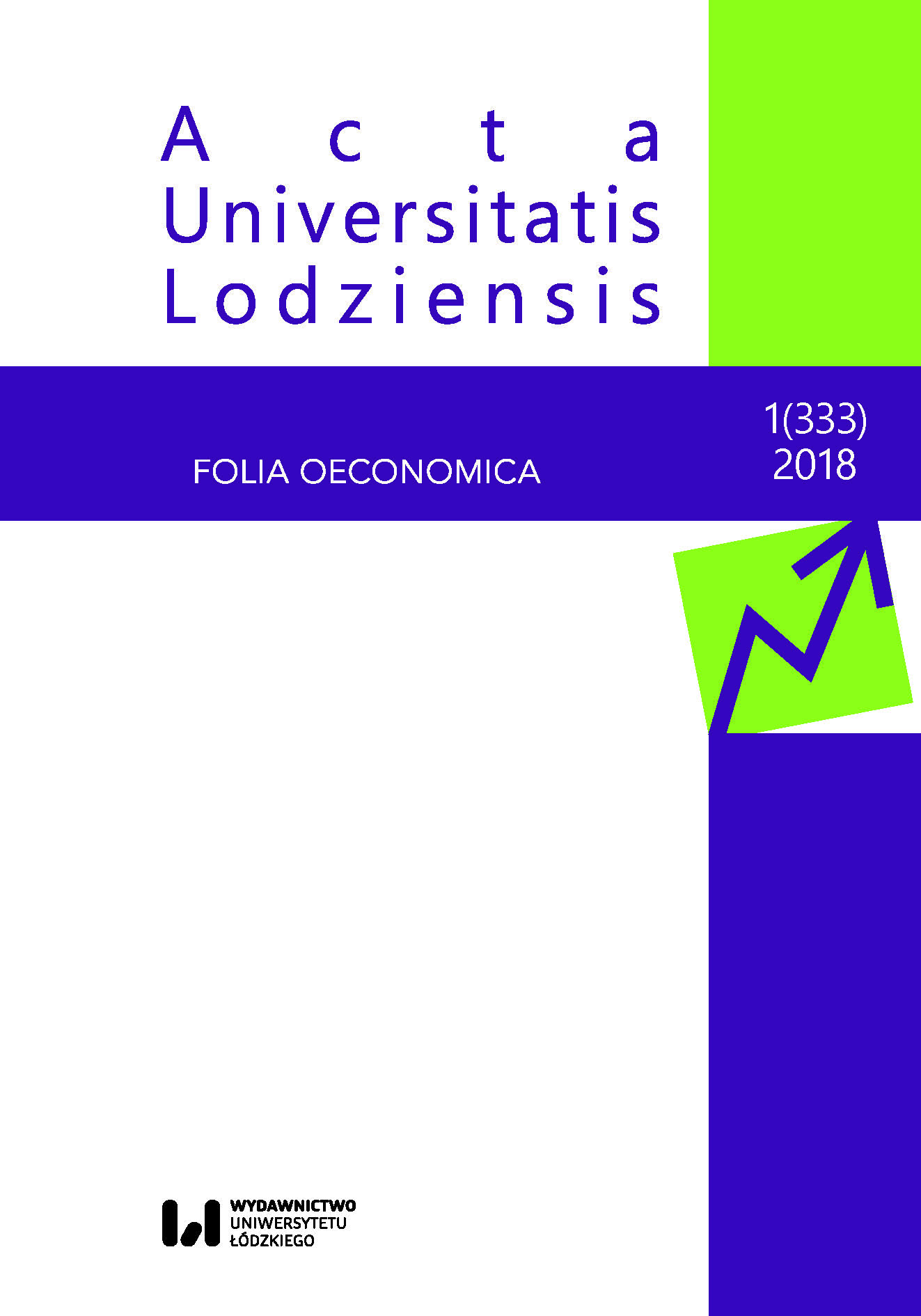Scenariusze rozwoju rynku mieszkaniowego miasta metropolitalnego na przykładzie Krakowa
Scenarios of Development of Metropolitan City Housing Market Based on the Example of Cracow
Author(s): Piotr LityńskiSubject(s): Accounting - Business Administration
Published by: Wydawnictwo Uniwersytetu Łódzkiego
Keywords: development scenarios; housing market; metropolises; suburbanisation; economy; scenariusz rozwoju; rynek mieszkaniowy; metropolie;, suburbanizacja; gospodarka
Summary/Abstract: The aim of the article is to identify future trends in the housing market of a developing metropolitan city. The recognition of these tendencies is crucial for the course of economic development processes in the country. Housing plays an important role in social, economic and spatial development. In empirical studies, three scenarios have been adopted for the development of the housing market. As an example, the City of Cracow, which is the second largest city in Poland with a dynamically developing economy, was chosen. Among the important conclusions is the conclusion that the pro‑supply housing activity of the national government can have a lesser impact on the development of the metropolitan housing market than the losses caused by governmental activity in areas outside the building sector (e.g.: the reform of higher education) which reduces demand for housing. Extrapolation methods were used in the conducted analyses and CSO as well as external reports served as data sources. // Celem artykułu jest rozpoznanie przyszłych tendencji kształtowania się rynku mieszkaniowego rozwijającego się miasta metropolitalnego. Owe tendencje mają znaczenie dla przebiegu procesów rozwoju gospodarczego kraju. Mieszkalnictwo odgrywa bowiem ważną rolę w rozwoju społecznym, gospodarczym i przestrzennym. W badaniach empirycznych założono trzy scenariusze rozwoju rynku mieszkaniowego. Jako przykład wybrano Kraków – drugie co do wielkości miasto w Polsce, z dynamicznie rozwijającą się gospodarką. Jeden z wniosków artykułu brzmi: propodażowa aktywność państwa w zakresie mieszkań w mniejszym stopniu może oddziaływać na rozwój rynku mieszkaniowego miasta metropolitalnego niż straty wywołane aktywnością państwa w sektorach pozabudowlanych (np. reformą szkolnictwa wyższego), które ograniczają popyt mieszkaniowy. W analizach wykorzystano metody ekstrapolacyjne, a źródła danych to GUS oraz zewnętrzne opracowania eksperckie.
Journal: Acta Universitatis Lodziensis. Folia Oeconomica
- Issue Year: 1/2018
- Issue No: 333
- Page Range: 149-166
- Page Count: 18
- Language: English

